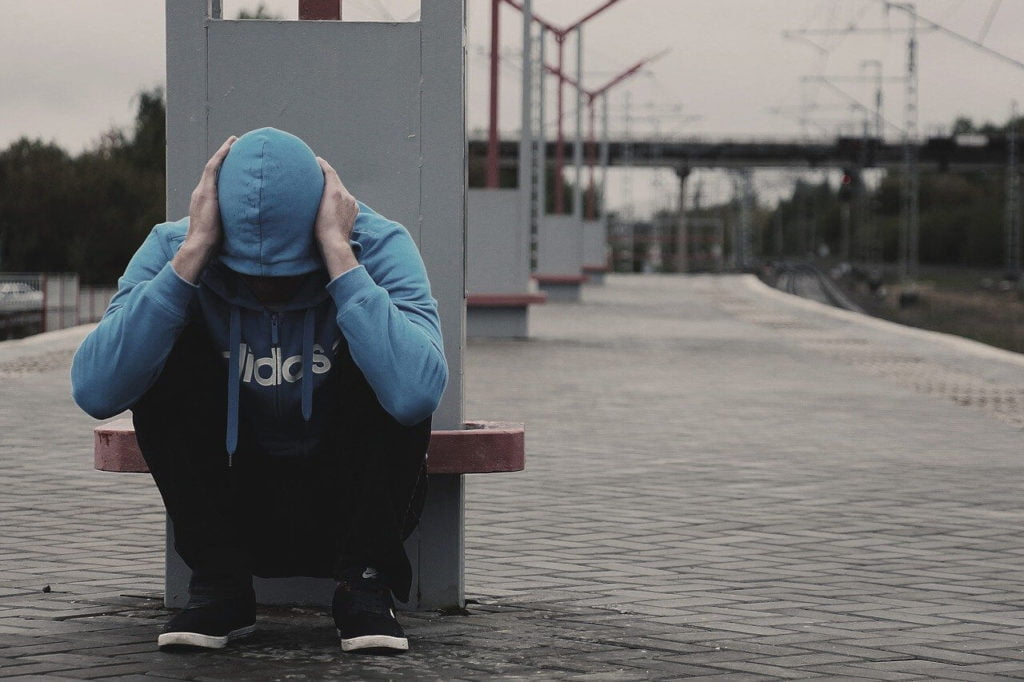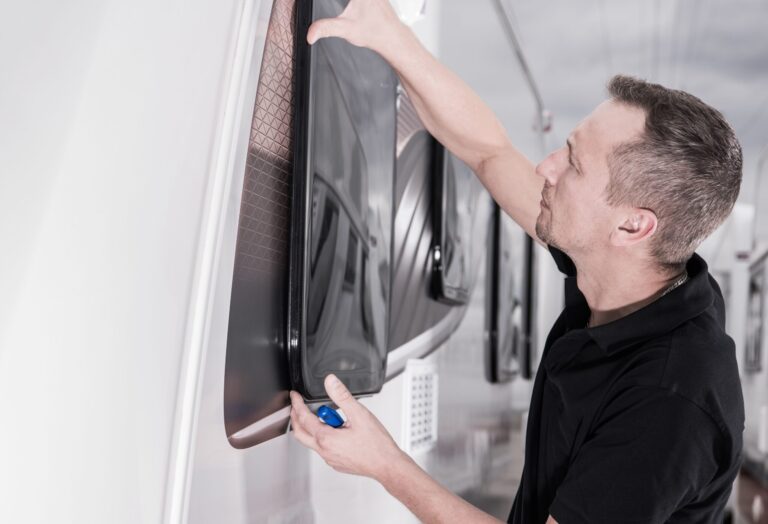Loving someone who struggles with a substance use disorder can be mentally and emotionally exhausting, and it can be challenging to navigate how to help the person you love. Fortunately, there is an abundance of support groups designed to provide help and resources to the family members of those struggling with the addition.

Several barriers prevent people from accepting the love and help of their families. Some barriers are practical ones like they lost their driver’s license; they don’t have insurance, don’t want to lose their job; they have bills to pay, etc. Then there are more personal barriers like they are scared, aren’t sure if they can get clean, or don’t want to leave their family or pets.
The practical barriers are the easiest to overcome. You can take them to get a new driver’s license. You can help them apply for an installment loan in Canada to ensure they can cover their bills for a short time. You can also help them talk to their employer and fill out the appropriate paperwork for an extended leave from work. While you may not be able to guarantee their job will still be there when they get back, you can help and remind them that if they keep using drugs, it will be unlikely they will be able to keep their job anyway.
Personal barriers can be more complicated. For someone with an addiction, giving up using isn’t just not using drugs, it is giving up friends, family, and an entire lifestyle they have grown accustomed to living. To stay clean, they need to learn an entirely new way to live. Depending on the length of time they have been using and other personal factors, they may have no real experience working or taking care of themselves financially.
Many people who struggle with addiction are afraid they will not be able to survive without their drugs, let alone thrive. Showing them that there is a better way and teaching them how to live on their own without drugs is a far bigger task that a friend or family member can accomplish on their own. You can offer them ongoing support and encouragement that you will be there for them emotionally throughout their journey to recovery.
You need to be cautious, providing too much practical or financial support. If you do too much, you will only be enabling the addiction by making it easier for your loved one to keep using. There is a delicate balance in offering support that requires loving detachment. You can help set up foster care for their pets and allow their other family members to let them know they would preferably be separated for a while so they can go to treatment than possibly lose them forever to the drugs.
Places like the Canadian Centre for Addictions have many counselors on staff that work exclusively with individuals with a substance use disorder, so they understand the mental and emotional barriers they are facing. These counselors are specially trained to help clients work through the thoughts and actions that have prevented them from getting and staying clean in the past.

Their counselors can also help family members make painful decisions and find family support resources like support groups and therapists that specialize in the family disease of addiction. There are also codependency support groups and groups for adult children of alcoholics that can be extremely beneficial to those suffering. It is essential to take care of yourself while trying to help someone you love with addiction. Too often, caregivers exhaust themselves and put their health at risk attempting to care for someone else.




